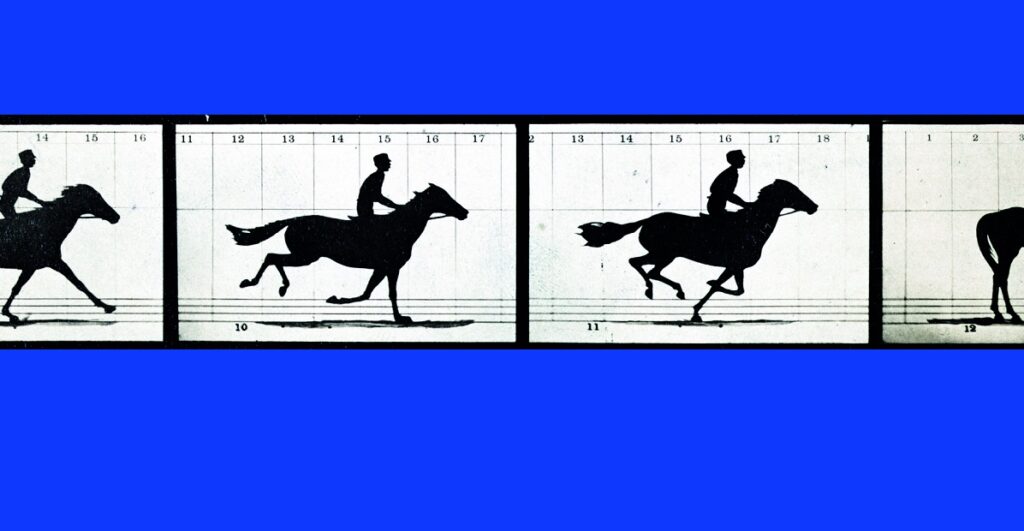‘The time is right to take stock…and to reflect on how we work and make new knowledge about heritage value’
Posted on 19th September, 2024

Heritage is everywhere, from politics to popular culture. Heritage is also everywhere in higher education as we see a boom in academic programmes aimed at training heritage students in leading-edge issues that include digital public engagement, sustainability, and social justice. These are signs of a vibrant, growing field playing to its interdisciplinary strengths. We think that the time is right to take stock of where we are as a community of people involved in heritage research and management, and to reflect on how we work and make new knowledge about heritage value. This examination includes assessing intellectual habits that may no longer serve us, as well as reconsidering the ways in which boundaries between disciplines help or hinder our work. Methods and Methodologies in Heritage Studies responds to these concerns.
There are various ways in which one could approach training in methods and methodologies. One way would be to isolate different methods as standalone approaches to perfect and apply to different intellectual and practical challenges, generally in alignment with specific institutional standards. An example of this are the HABS/HAER/HALS documentation guidelines of the US National Parks Service, which dictate the execution of measured drawings, photographs, and historical reports. The other way, as we propose in Methods and Methodologies in Heritage Studies, is to describe methodologies for capturing and assessing heritage value within a problem-oriented framework. This was one of the driving questions behind Methods and Methodologies in Heritage Studies: how do we honor the fact that heritage value transcends and exists independently from established approaches and guidelines? Psychologist Abraham Maslow (1966) famously warned of a cognitive bias that involves an over-reliance on a familiar tool, writing that “I suppose it is tempting, if the only tool you have is a hammer, to treat everything as if it were a nail.” Likewise, we believe that a concern with capturing heritage value as contained in, say, visible features alone will only ever result in the categorization of a heritage as visual value. Heritage value, however, is a lot more than the academic and disciplinary categories through which it has been captured historically.
Methods and Methodologies in Heritage Studies is a volume firmly aligned with a critical study of cultural heritage and preservation that resists such histories of categorization. In the last 30 years, the study of heritage has dramatically changed to recognize and accommodate an ever-changing and ever-growing mosaic of stewards, voices of authority, and forms of knowledge that contribute to the creation, maintenance, and dissemination of heritage places, practices, and ideas. No longer the domain of powerful global and national institutions alone, the literature on heritage studies now reflects a huge diversity of languages, attitudes, and political agendas representing different publics. However, methodologically, the study of heritage has been slow to accompany these changes. Each of the contributions in this volume, therefore, pays attention to the act of creating particular data about heritage. Ultimately, the goal is to equip users with the tools to critique the intellectual journeys of heritage scholarship and to chart their own.
About the author
Trinidad Rico is Associate Professor and Director of Cultural Heritage Studies at Rutgers University, USA, and an Honorary Associate Professor at the UCL Institute of Archaeology.
Rachel King is Associate Professor in Cultural Heritage Studies at the UCL Institute of Archaeology and holds an honorary research affiliation at the University of Witwatersrand, South Africa.